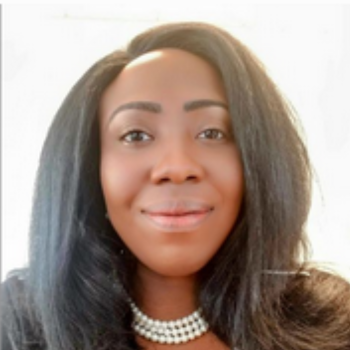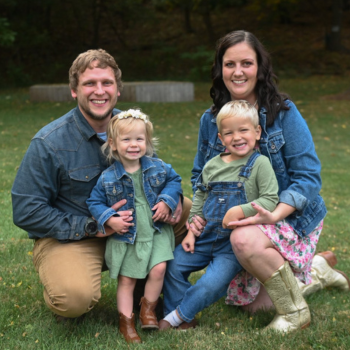
Tiffani's Story
March 19, 2024 By Tiffani Simmons

At the time of my son's birth, I was an Assistant Attorney General at the Office of the Attorney General of the State of New York. I had been a practicing attorney for over 12 years and it was my second pregnancy. What I didn't know at that time, was that I had been "weathering" for a long time. Weathering is the theory that the accumulation of the everyday stress of navigating racial inequities, microaggressions, injustices, etc. over time internalizes into the body of black women causing accelerated aging, which can happen way before she becomes a mother, and leads to the pattern of racial disparities in maternal health and birth outcomes that increase with maternal age. So, we see more black moms developing pregnancy, birth and postpartum complications; delivering prematurely; and suffering from perinatal mood and anxiety disorders.

I am a two-time survivor of postpartum preeclampsia. I am also a Licensed Professional Counselor and specialize in treating trauma in youth during...
ReadMore- My Uterine Artery Rupture An Severe Preeclampsia Story February 23, 2026
- When Pregnancy Becomes A Battlefield : My Pre-Eclampsia Story February 21, 2026
- I Thought It Was Normal Pregnancy Swelling February 13, 2026
- For My Daughter: Our Birth Story February 09, 2026
- Leo the Lion February 09, 2026
- Pre-Eclampsia Still Haunts Me To This Day February 09, 2026
- Trust Your Gut January 17, 2026
- My Baby Saved Both Of Our Lives (my Preeclampsia and Postpartum Preeclampsia Story) January 09, 2026
- I Thought I Was Dying… and I Was December 30, 2025
- Trust Your Gut, Mama: Our Preeclampsia Journey December 08, 2025
